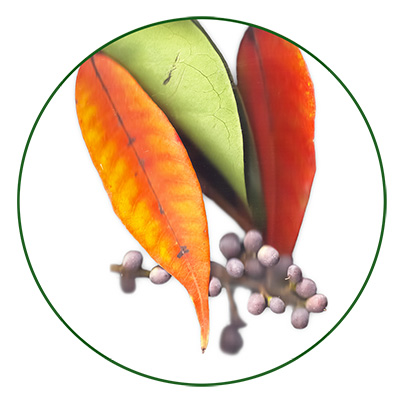Mishma
- giampaolofoster

- Jan 13, 2022
- 2 min read
Behind each Stone, each crumb of a pot, we look for a story, a tale, an ancient village.

All roads seemed to lead to Mishma. We follow ravines, traces of the floodwaters of the Apocango river. Mishma had to be close.
Old town, ruins, remains. Houses of the ancients call them those of the place. Energy of many people put on stones brought one by one from the river bed to the place where today no more than six lines of stones are piled high, compacted with mud.
The roofs were made of tar branches, broom and other shrubs. The reeds, the Arundo Donax variety, were later brought by Europeans from Asia.

Mishma was a town of stone houses protected by a Carob Forest. It was over a thousand years ago. Today it is found in a pampa of stumps not yet buried by the medano.

It is a field of large rounded stones worked by time action, a pampa strewn with ceramic shards and lithic remains, stones of volcanic origin, glassy composition, worked to get arrowheads and cutting tools. The seasonal rains continue to transport them to the Abaucán valley.

This treeless pampa was conquered by the wind, the zonda that brought the dune, the sand, for lack of a natural plant barrier to stop it. The water eroded the foundations. In the absence of roots that contained the land, it was undermining ravines and scattering remains of ceramics throughout the riverbed. Crumbling Mishma.

We come to ask many questions that morning in these places,
How high would the water be a thousand years ago? run deeper into his bed? would a seasonal river be like now?
Or would the ancient settlers look for water in the neighboring Guanchín?
Of course, water without vegetation continues to redraw the soil.
There are stories that are fantasy. Forests that disappeared because the ancient inhabitants cut down the forest for cooking, heating and burning their pottery. Impossible, the livelihood of the town was its Forest where life maintains a subtle balance, without forest there would be no town, there would be no Mishma.
And Mishma was populated there, in the middle of a very large Forest, near a good River because also where there is water there is life.
A paradise or a landscape is always changing, like all of us.



















Comments